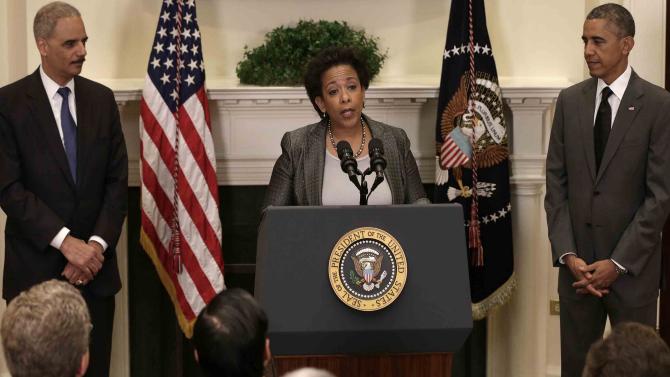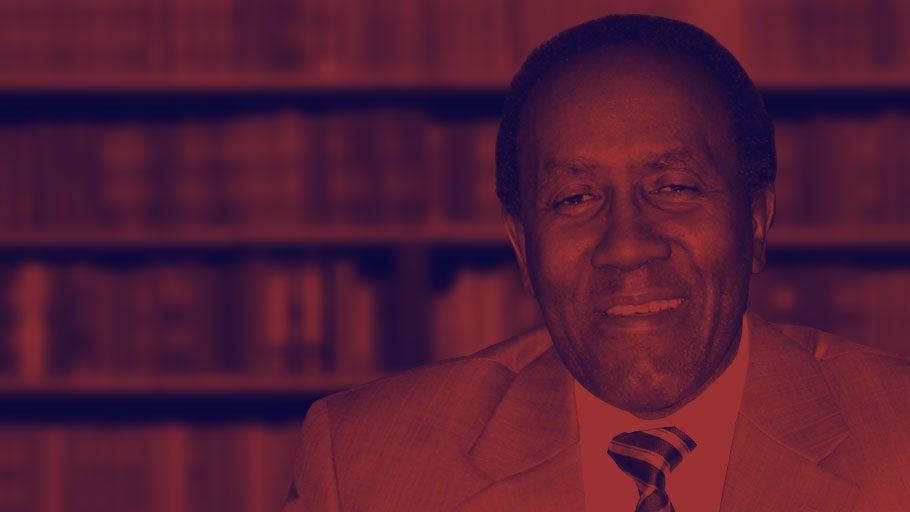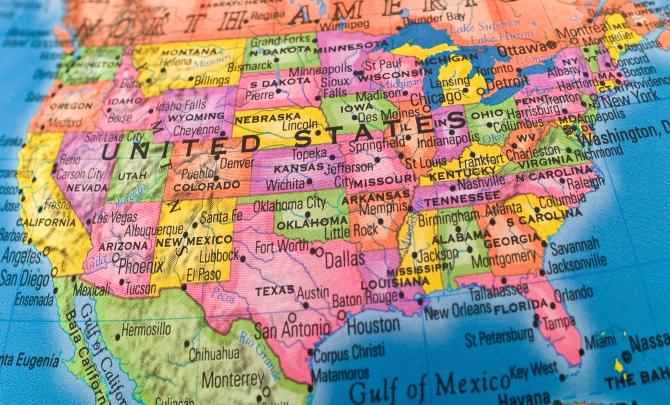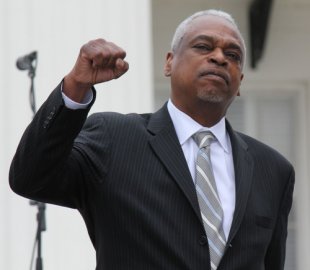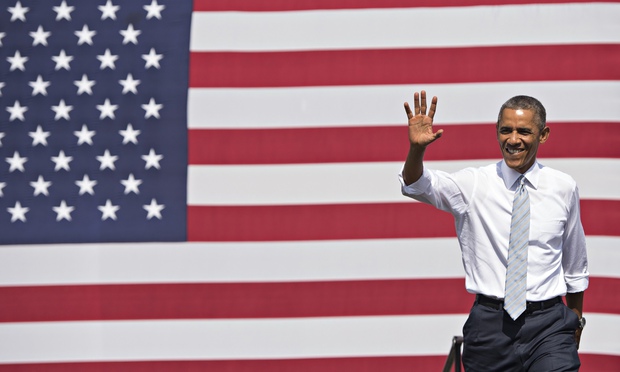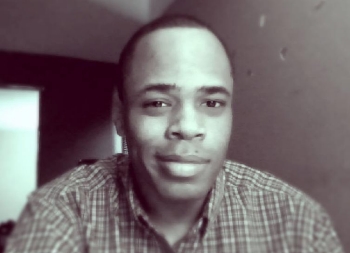
NEW YORK — Six years after America sank into the deepest economic downturn since the 1930s, the jobless rate has fallen to 5.9 percent, the lowest since July 2008. But one demographic group — African-American men — seems to be stuck in a permanent recession.

